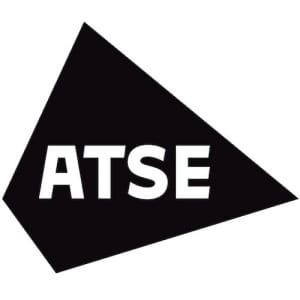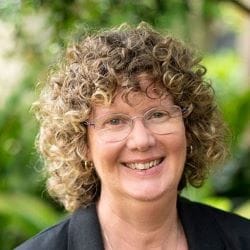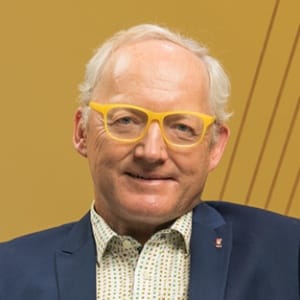

The Royal Society of New South Wales was delighted to learn of the recognition of two of its Fellows in the recently announced list of new Fellows of the Australian Academy of Technological Sciences and Engineering (ATSE), elected in October 2024.
They are the preeminent plant ecologist and a previous winner of the Society’s Clarke Medal, Distinguished Professor Michelle Leishman FRSN FTSE of Macquarie University, and acknowledged pioneer in the field of artificial intelligence, Scientia Professor Toby Walsh FRSN FTSE FAA of UNSW Sydney.
The Council of the Royal Society of New South Wales extends its warmest congratulations to both Professor Leishman and Professor Walsh on this latest recognition of their outstanding research achievements.

The Academy citation for Professor Leishman notes that she ‘transformed our understanding of how native plants, crops and weeds will respond to climate change. Her expertise in invasion biology, restoration ecology, climate change impacts and adaptation, and urban greening is world-leading. A multi-award-winning plant ecologist, she deftly translates her research into evidence-based action – from applications in the nursery and horticultural industry, to advice and tools for frontline conservationists, to government policy designed to preserve Australia’s precious plant heritage. Her research underpins Australia’s myrtle rust action plan and a guide for green life industry on climate-smart species selection. She developed WeedFutures, predicting how 700 weeds will spread today and under climate change up to 2065. She also leads the Smart Green Cities Research Centre, with the goal of enhancing the liveability of cities and enabling sustainable green infrastructure.’

The Academy citation for Professor Walsh refers to his ‘important contributions to computer science and the foundations of artificial intelligence. His work builds on ideas from statistical physics, economics and game theory to study challenging optimisation problems such as scheduling and vehicle routing. His theoretical advances and algorithms have led to considerable economic value in areas such as optimising truck routes, both saving costs and reducing carbon emissions. In addition to his technical prowess, Professor Walsh is a renowned advocate for trustworthy AI. He is highly sought after for his ability to articulate complex concepts in a way that resonates with policymakers, industry and the general public. He has served as a key advisor to governments, international organisations and industry bodies, providing guidance and recommendations on AI governance, regulation and strategic planning.’